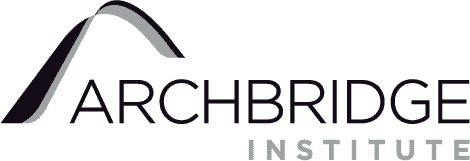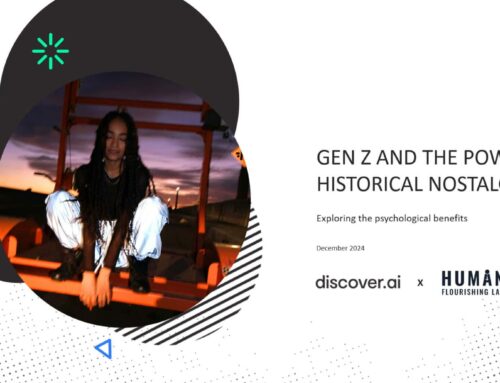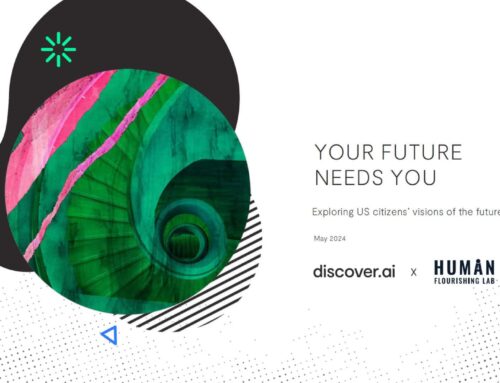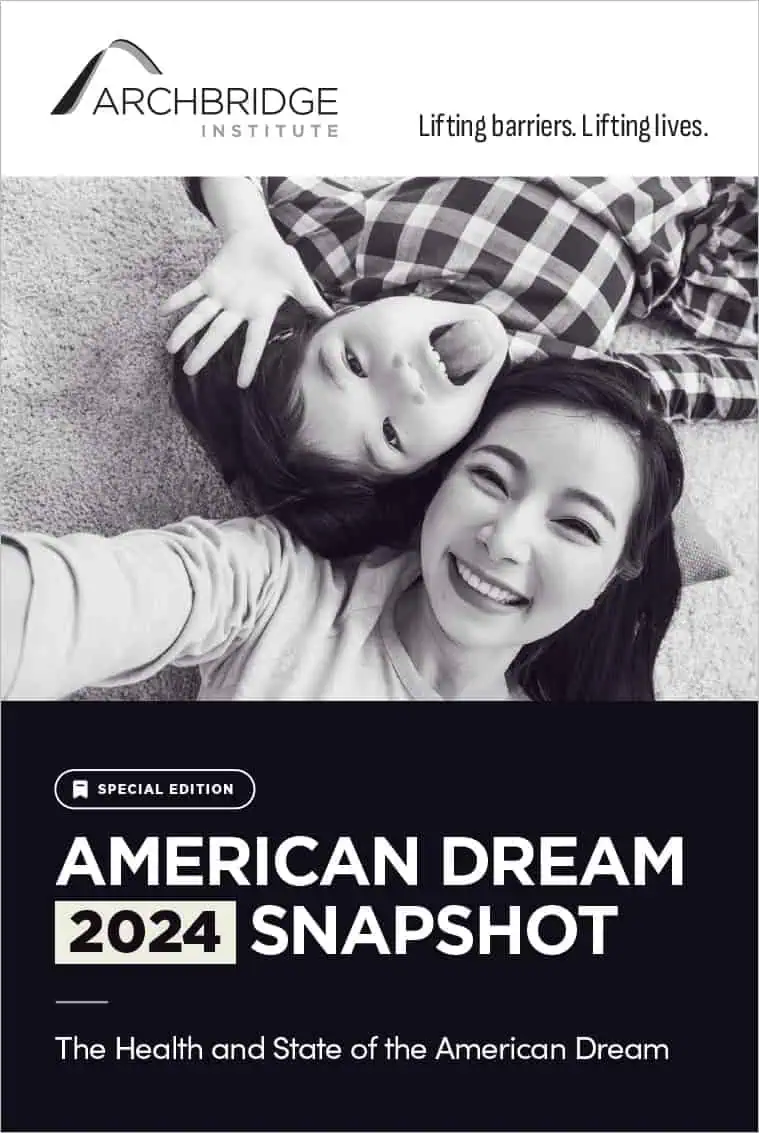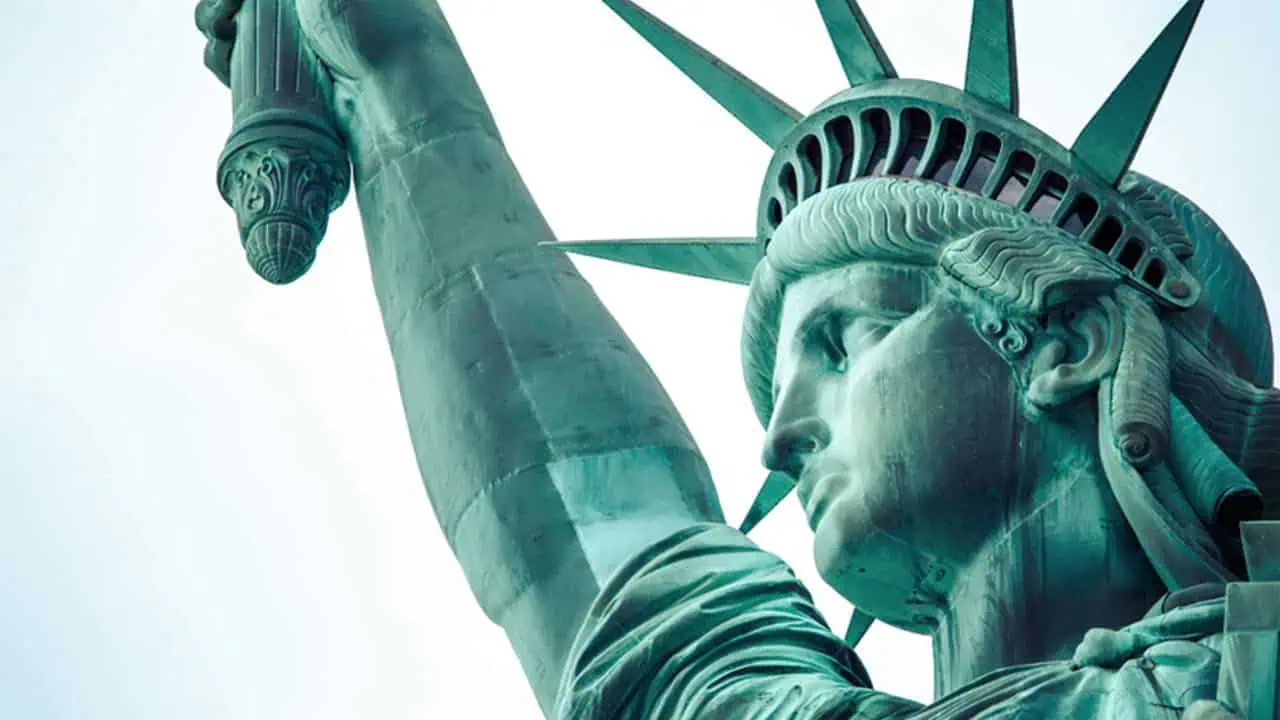
INTRODUCTION
Optimism plays a central role in human progress. Therefore, it is concerning that many Americans are pessimistic about the future of the United States and its role in the world. For example, according to a Pew Research Center survey, 65% percent of Americans believe the United States is only going to become more politically divided in the coming decades, 60% believe the United States will become less important to the world, 73% believe the gap between rich and poor will grow, and only 20% predict the average family’s standard of living will improve.
How can we promote an optimistic and ultimately progress-oriented mindset among Americans? The current analysis explores national pride as a potential variable to target in efforts to inspire American optimism. Are proud Americans more optimistic about the future of their nation, the world, and human progress than Americans who are not proud of their national identity?
WHY OPTIMISM MATTERS
Optimism supports the cognitions and behaviors that drive progress. Optimists envision a positive future, and they are driven to take the actions necessary to make that vision a reality. They are more likely to be goal-focused and achieve those goals than those who are not optimistic about their futures. Optimists are also more innovative. When people have an optimistic outlook, they report higher levels of social trust and civic engagement. And groups comprised of optimistic individuals are more creative, cooperative, and successful at completing assigned tasks.
Most of the research on optimism and related positive attitudes focuses on how people think about their personal futures. This individual-focused optimism has important implications for individual-focused goal pursuit and success. Just as individual-focused optimism supports individual-focused goals and projects, an outward-focused optimism about the broader society and world should support the types of goals and projects that help organizations, communities, and nations flourish. People who view the future of their society and the world optimistically should be more motivated to work toward making that positive vision of the future a reality, whereas those with a more pessimistic view will be less inclined to think dedicating themselves to building a better world is a good use of their time and energy.
National Pride and Optimism
Given the important role that optimism likely plays in advancing human progress, and the possibility that Americans are becoming less optimistic and more pessimistic about the future of their nation, it is critical to identify ways to encourage an outward-focused optimistic mindset.
Humans are group-oriented organisms. This tribal nature is often described as a negative aspect of humanity because under certain circumstances it can contribute to bigotry, hate, and destructive social conflict. However, it is important to remember that our tribal nature also facilitates the type of shared goals, social trust, group coordination, and personal sacrifice that advance society. Group identities are thus a central and often positive feature of human social and cultural life. When people have a positive attitude about a group they belong to (positive group identity), they are more psychologically healthy, which makes them more likely to have an optimistic mindset. National pride is an indicator of a positive group identity and thus may encourage progress-oriented optimism.
The current analysis examines the relationship between American national pride and optimism about the future of the nation, the world, and human progress on the specific issues of climate change, poverty, racism and other forms of bigotry, and political polarization
Clay Routledge, PhD, is the Vice President of Research and Director of the Human Flourishing Lab at the Archbridge Institute. As a leading expert in existential psychology, his work focuses on helping people reach their full potential and build meaningful lives. Follow his work @clayroutledge and subscribe to his newsletter, Flourishing Fridays.
